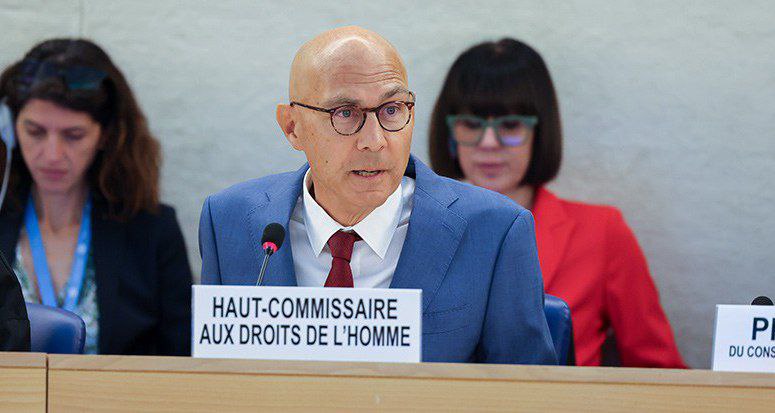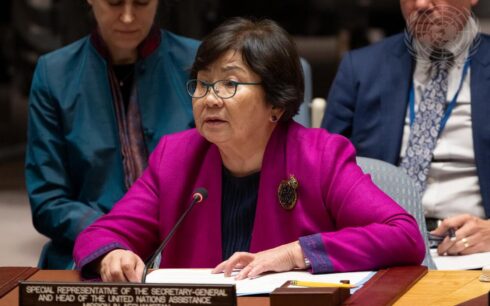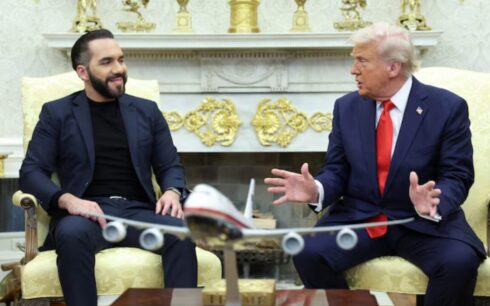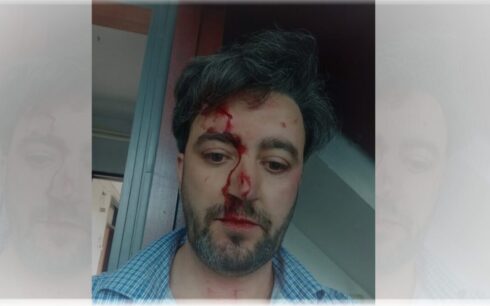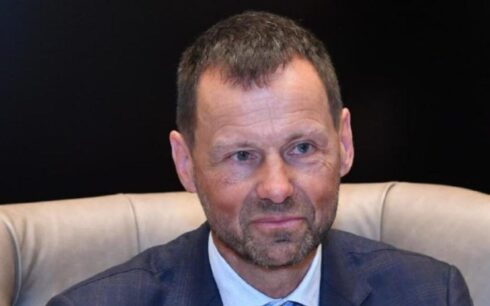UN High Commissioner for Human Rights, Volker Turk, delivered a powerful statement at the 57th session of the UN Human Rights Council in Geneva, condemning the Taliban’s new morality law and its impact on women and girls in Afghanistan.
Turk described the new regulations, enacted by the Taliban’s Ministry for the Propagation of Virtue and Prevention of Vice, as part of an ongoing campaign of repression.
The newly imposed laws severely restrict women’s basic freedoms, including limiting their ability to travel without a male guardian, silencing their voices in public, forbidding eye contact with unrelated men, and mandating full-body coverings, including their faces. Turk expressed his horror at the deepening restrictions, calling them a “fundamental rupture of the social contract” and branding the measures as systematic gender persecution.
“This repressive control over half the population is unparalleled in today’s world. It stifles Afghanistan’s development and is propelling the country further down a path of isolation, pain, and hardship,” Turk said, stressing the dire consequences for the future of Afghanistan under such repressive rule.
Turk painted a grim picture of Afghanistan’s overall humanitarian situation, revealing that the majority of the population is now trapped in poverty. He noted that 12.4 million children are in desperate need of support, while an estimated 23.7 million people will require humanitarian assistance this year due to a combination of repression, violence, poverty, and the impacts of natural disasters and climate change.
Turk also pointed to the lack of accountability in Afghanistan as a driving factor behind the worsening human rights situation. He highlighted that multiple actors have been responsible for violations over decades, and successive governments have failed to provide justice or guarantee non-recurrence of abuses.
“Accountability is a powerful deterrent to future violations,” Turk emphasized, calling for both national and international action to address the ongoing decline of rights and freedoms in Afghanistan.
With a sharp shortfall in funding hindering the response by the UN and its partners, Turk’s call for accountability and urgent international intervention comes at a critical moment for Afghanistan, where repression continues to deepen and the humanitarian crisis escalates.

